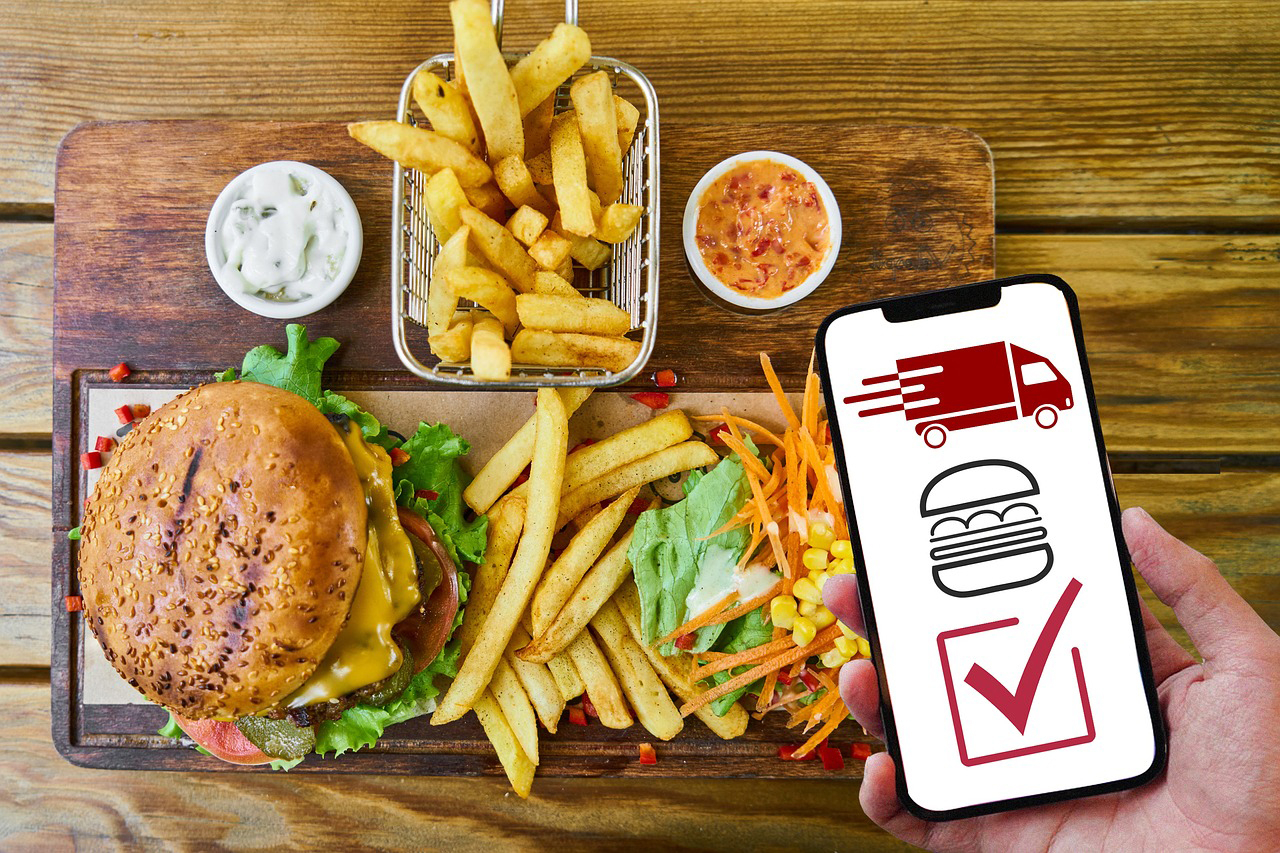Contemporary advances in the food service sector: What should one anticipate?

For millennia, food production has seen minor alterations. Indeed, new recipes emerged, and plants and animals underwent gradual breeding to enhance their taste, but individuals continued using knives for cutting, hands for mixing, and fire for heat.
In the previous century, food tech witnessed a surge. From blenders to microwaves, innumerable modern inventions have significantly influenced the functioning of the food service sector. Considering this, what should one anticipate from future developments in this area?
AI
The buzzword at present is artificial intelligence – colloquially AI. While one might assume its inapplicability to the food service sector, they’d be incorrect. AI is currently employed by an array of businesses for various purposes.
Adopting a smart, data-centric approach enables businesses to adjust their services and preparation according to demand predictions, or assess the significance of particular feedback found in online reviews. AI can also be applied in other crucial business areas, from devising an effective marketing strategy to planning staff rotas.
Internet-based ordering services
Internet-based ordering services have wholly transformed the dining industry in just a decade. Apps such as Deliveroo and Uber Eat have enabled individuals to have food delivered to their doorstep within as little as ten minutes, all through a single, straightforward mobile app. This might seem ordinary and widespread now, but it’s a drastically different world from the one that existed just 50 years ago.
From route optimisation for delivery drivers to real-time tracking options for customers, the increased connectivity facilitated by digital advances has made the entire process of online ordering far more agreeable – a revolution in convenience that’s only just commencing.
Digital service robots
Digital service robots constitute another technological advancement storming the food industry. Primarily, they’re capable of supplementing human servers, enhancing the overall efficiency that hospitality businesses can offer their customers.
This implies that businesses like restaurants can economise on staff wages, without having to compromise on the quantity of waiters available during peak hours. While these robots evidently can’t provide the same human experience as traditional servers, they can be even more impressive in terms of accuracy and efficiency.
Sustainability
Lastly, modern advances are beginning to enable businesses in the food service sector to attain their sustainability targets in several innovative ways. Whether it’s packaging solutions for takeaway containers that are more environmentally sustainable, or plant-based meats that can accommodate a wider range of dietary requirements and ethical preferences, innovations in the food sector are causing ripples in every conceivable area.
The food service sector is evidently no more resistant to innovation and change than the rest of the world. From AI’s ability to predict demand and optimise stock availability, to the increasing prevalence of digital service robots, one can anticipate numerous revolutionary innovations in the food service sector in the upcoming years.
The editorial unit
























Facebook
Twitter
Instagram
YouTube
RSS